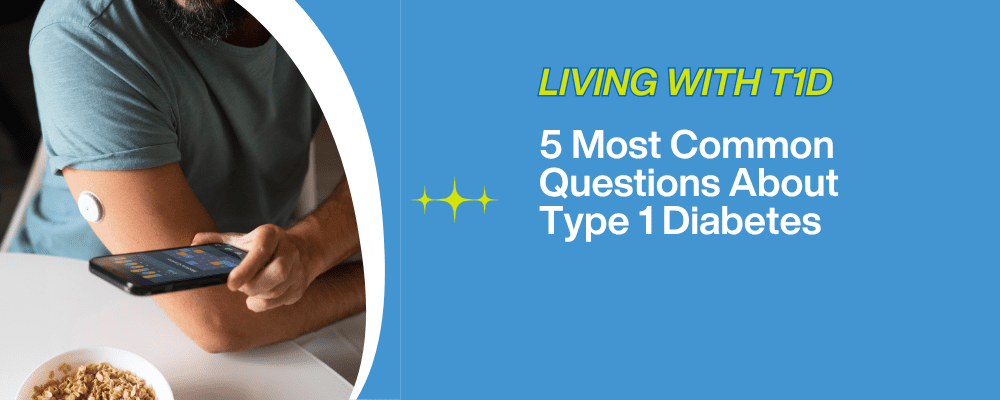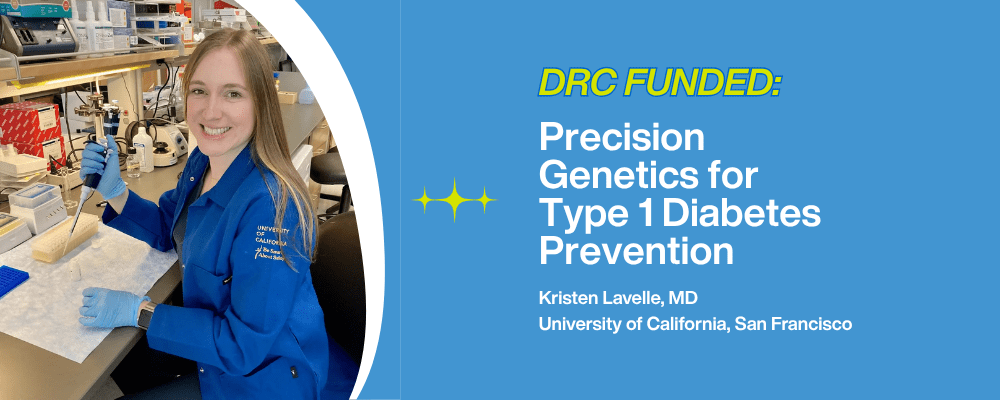One of the key indicators in effective diabetes management is HbA1c level. In healthy, non-diabetic adults, the target range is 4% to 5.6%, while in individuals with diabetes, the goal is to maintain an HbA1c level of less than 7%. However, some treatment guidelines aim for achieving levels of 5.6% or less, or between 5.7% and 6.4%.
Striving for these lower HbA1c levels through intensive glucose-lowering therapy may prove more risky than beneficial, though, especially for adults who are considered clinically complex, according to a recent study. These individuals may benefit from less intensive treatment and slightly higher target HbA1c levels to reduce risk of emergency department visits and hospitalizations for severe hypoglycemia.
The study included data from the National Health and Nutrition Examination Survey (NHANES) from 2011 to 2014, and “participants were categorized as clinically complex if 75 years or older or with 2 or more activities of daily living limitations, end-stage renal disease, or 3 or more chronic conditions.” They were considered to be engaged in intensive treatment if their HbA1c level was below 5.6% and they took any glucose-lowering medication, or if their HbA1c level was between 5.7% and 6.4% and they took two or more glucose-lowering medications.
In addition to NHANES data, other population-level studies were included as well when comparing data and outcomes. Overall, overtreatment was estimated to occur in up to 50% of non-clinically complex patients and up to 60% of clinically complex patients.
For the study, 662 nonpregnant adults who had diabetes and maintained HbA1c levels of less than 7.0% were used to represent around 10.7 million adults with diabetes in the United States. Of these participants, 20.1% were age 75 or older, 21.5% were treated intensively, and 32.3% were considered clinically complex. The researchers estimated that over two years, there would be 31,511 hospitalizations and 30,954 emergency department visits for severe hypoglycemia, and that around 4,774 hospitalizations and 4,804 ED visits could be directly attributed to intensive glucose-lowering therapies.
The study found that aggressive treatment of diabetes to achieve lower HbA1c levels could actually have a negative effect on overall health, especially for clinically complex patients who experienced severe hypoglycemic events. It is recommended that many elderly and clinically complex patients avoid intensive treatments and follow relaxed glycemic targets. Recommended HbA1c levels should be evaluated on an individual basis and take into account patient health, comorbidities, and clinical complexity.
There were limitations to this study, and researchers note that “true numbers are likely to much higher” regarding hypoglycemic events and the number that are directly attributable to intensive glucose-lowering therapy.
Type 1 diabetes management is a complex process, and researchers are continually advancing their understanding of the disease and effective treatment options. Diabetes Research Connection (DRC) follows advancements in the field and potential impact on individuals living with T1D.
DRC supports novel, peer-reviewed research studies regarding the diagnosis, treatment, and quality of life for those living with the disease. Learn more about current projects and how to donate to these efforts by visiting http://diabetesresearchconnection.org.




